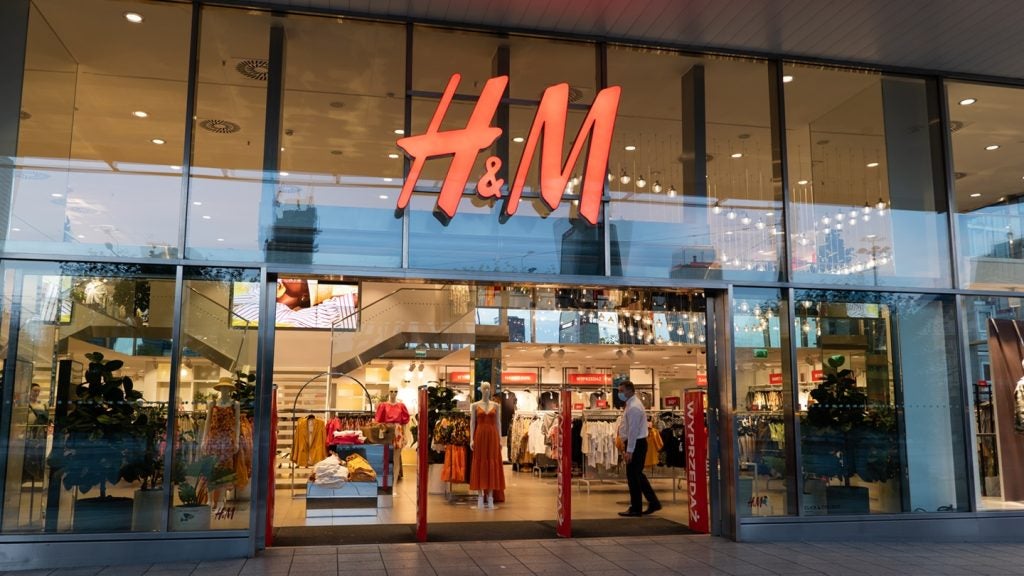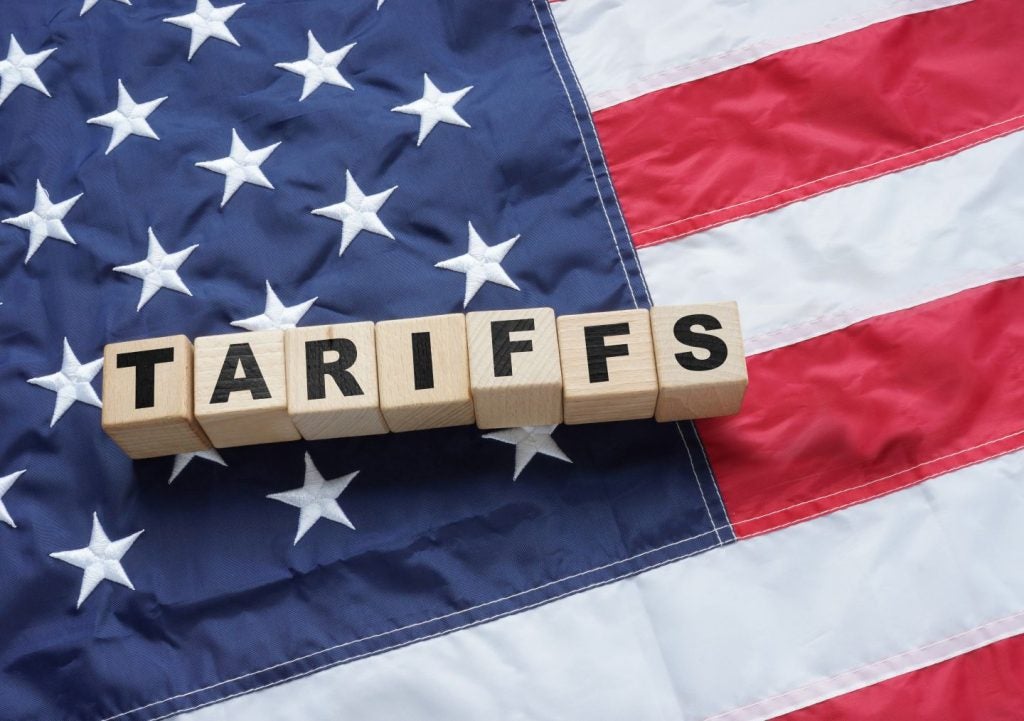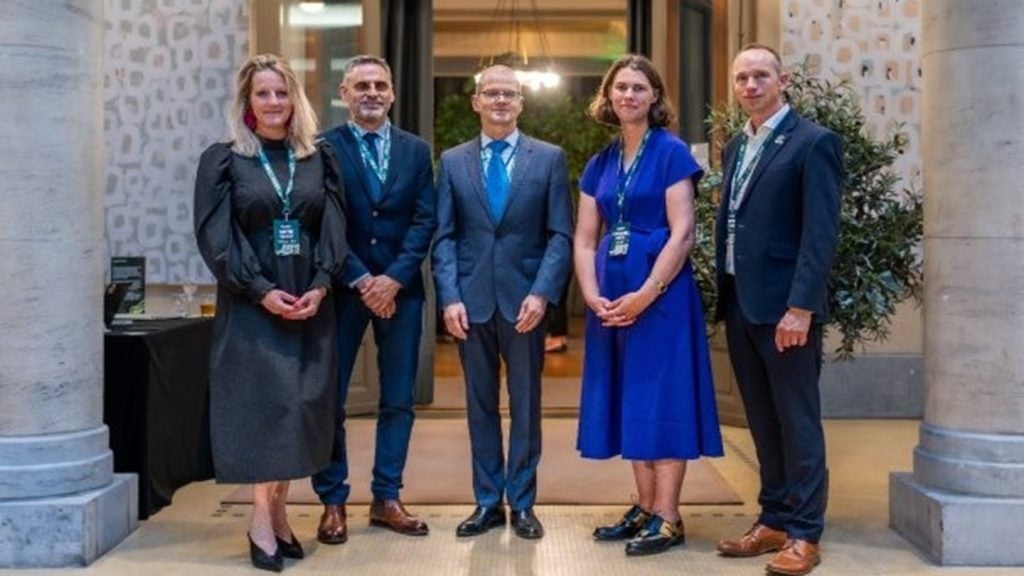Stand.earth’s 2025 Fossil Free Fashion Scorecard, evaluated 42 brands and scrutinised their performance in line with the Paris Agreement's 1.5°C target. The report claims that for every fashion brand complying with the Paris Agreement, nearly six are increasing their pollution.
The assessment covers five key areas impacting the environment namely, transparency in climate and energy, manufacturing that is both renewable and energy-efficient, climate advocacy, materials that are low-carbon and deforestation, and sustainable shipping practices.
The findings show that 14 or 33% of these brands have reported a reduction in pollution exceeding 10% from their baseline figures. However, only three brands or 7% have achieved this in accordance with the 1.5°C trajectory set by the Paris Agreement.
Conversely, 40% of the brands examined have seen an increase in their carbon emissions when compared to their baseline data, outnumbering those on the 1.5°C path by nearly a six to one margin.
One of the outcomes of the report revealed the performance of ultra-fast online retailer Shein, which registered a 'F' grade. Over a two-year period, Shein's total emissions surged by over 170%, now equating to nearly as much annual pollution as Lebanon produces.
Shein's rapid delivery model, which relies heavily on air freight to ship individual packages directly to customers, is highlighted as particularly concerning by the researchers.
Other companies receiving an 'F' include Boohoo, Aritzia, Columbia, and Under Armour. These brands were called out for not providing substantial climate or energy objectives and were accused for their lack of significant support for decarbonisation within their supply chains.
Just Style had not received a response to its request for comment from the brands that received the lowest grades at the time of going to press.
Stand.earth executive director Todd Paglia said: “While we see some brands making progress, most others are missing the moment or shirking their responsibility entirely, which is alarming. Moreover, many brands are failing to support their suppliers in transitioning to clean energy, meaning the financial burden of transitioning disproportionately impacts manufacturers. The industry has the resources to act but instead, we see companies making empty promises while continuing business as usual.”
Sweden’s H&M and Eileen Fisher were commended with grades of ‘B+’ and ‘B-’, respectively in the report.
H&M was recognised for its climate pledges and transparency, support for supplier decarbonisation, especially in Bangladesh and its proactive stance on climate advocacy.
Eileen Fisher was acknowledged for its initiatives aimed at eliminating fossil-fuel fibres and increasing recycled materials usage — a notable accomplishment for a smaller brand.
Lululemon also received praise for setting a goal of achieving 50% renewable electricity within its supply chain by 2030 — an improvement noted since Stand.earth's previous report in 2023.
Moreover, the report observes that 95% of brands now offer resale or repair services. This indicates a growing recognition of the economic benefits inherent in circular business models. Nevertheless, researchers point out that while these developments are favourable, they do not address the majority of environmental impacts which occur upstream in the supply chain.
“We urge fashion brands to publish detailed climate transition plans with interim milestones and supplier engagement plans, prioritise the phasing out of coal and oil-based synthetics, and instead prioritise renewable energy and sustainable materials, while supporting suppliers with financing and long-term contracts to enable decarbonisation. Bigger brands in particular can use their muscle to advocate for stronger climate policies to ensure a level-playing field and longevity for the entire industry,” Paglia added.
The textile industry remains a significant contributor to global pollution, accounting for at least 4% of all climate-related emissions. Projections indicate that these emissions will continue to rise.
Most emissions within this sector occur during the supply chain phase, with many sourcing activities taking place in countries highly susceptible to climate change like Bangladesh, India, Pakistan, Vietnam, and Cambodia. Manufacturers in these regions have expressed a need for support from fashion brands to assist with their decarbonisation efforts due to heavy reliance on fossil fuels and narrow profit margins within the industry.















